The letter below is one in a series from a father to his daughter. He seems a wealthy man,and caring and logical and intelligent. In clear simple prose he describes the work done in remodeling his home; the goings on of neighbors and friends. But when this good man refers to veterans the letter takes an unexpected turn.
The Bonus Army was the name given to the demonstration of 43,000 marchers—17,000 World War I veterans, their families, and affiliated groups—who gathered and camped in Washington, D.C., in the spring and summer of 1932.
Many of the veterans had been unemployed since the Great Depression of 1928. The World War Adjusted Compensation Act of 1924 had awarded them bonuses in the form of certificates they could not redeem until 1945. Each service certificate bore a face value equal to the veterans’ promised payment plus compound interest. The foremost demand of the Bonus Army was the immediate cash payment of their certificates.
On July 28, U.S. Attorney General William D. Mitchell ordered the veterans removed from all government property. Gen. Douglas MacArthur, commanding an infantry and a cavalry regiment, supported by six tanks commanded by Maj. George S. Patton, formed in Pennsylvania Avenue. A cavalry charge was ordered and the infantry, with fixed bayonets and adamsite gas (a vomiting agent), entered the camps, evicting veterans, families, and camp followers. The veterans fled to their largest camp and President Hoover ordered the assault stopped. However Gen. MacArthur, feeling the Bonus March was an attempt to overthrow the U.S. government, ignored the President and ordered a new attack. Fifty-five veterans were injured and 135 arrested.
The Bonus Army incident proved disastrous for Hoover’s chances at re-election; he lost the 1932 election in a landslide to Franklin D. Roosevelt.
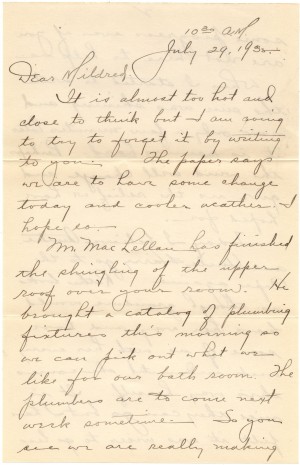
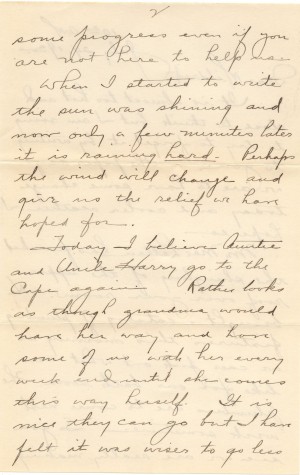
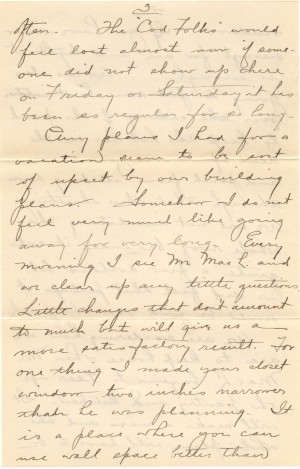
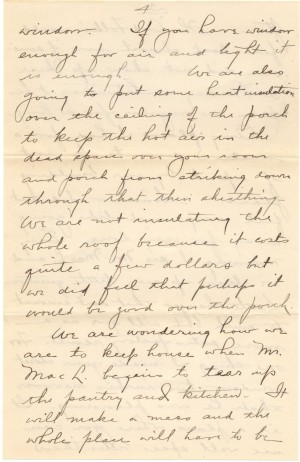
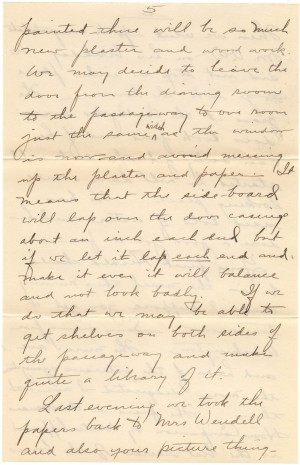

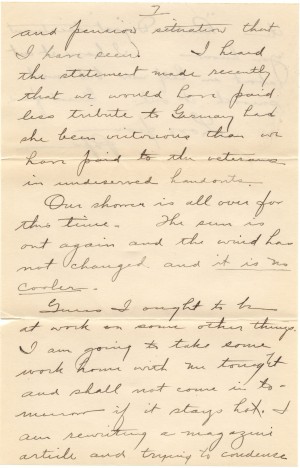
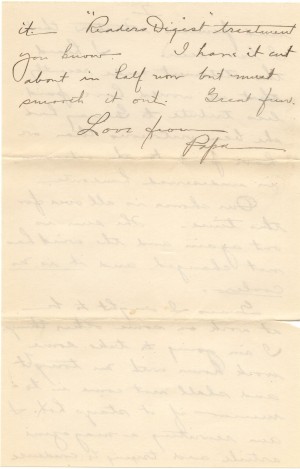
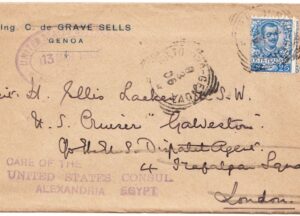
Love From Papa
The letter below is one in a series from a father to his daughter. He seems a wealthy man,and caring and logical and intelligent. In clear simple prose he describes the work done in remodeling his home; the goings on of neighbors and friends. But when this good man refers to veterans the letter takes an unexpected turn.
The Bonus Army was the name given to the demonstration of 43,000 marchers—17,000 World War I veterans, their families, and affiliated groups—who gathered and camped in Washington, D.C., in the spring and summer of 1932.
Many of the veterans had been unemployed since the Great Depression of 1928. The World War Adjusted Compensation Act of 1924 had awarded them bonuses in the form of certificates they could not redeem until 1945. Each service certificate bore a face value equal to the veterans’ promised payment plus compound interest. The foremost demand of the Bonus Army was the immediate cash payment of their certificates.
On July 28, U.S. Attorney General William D. Mitchell ordered the veterans removed from all government property. Gen. Douglas MacArthur, commanding an infantry and a cavalry regiment, supported by six tanks commanded by Maj. George S. Patton, formed in Pennsylvania Avenue. A cavalry charge was ordered and the infantry, with fixed bayonets and adamsite gas (a vomiting agent), entered the camps, evicting veterans, families, and camp followers. The veterans fled to their largest camp and President Hoover ordered the assault stopped. However Gen. MacArthur, feeling the Bonus March was an attempt to overthrow the U.S. government, ignored the President and ordered a new attack. Fifty-five veterans were injured and 135 arrested.
The Bonus Army incident proved disastrous for Hoover’s chances at re-election; he lost the 1932 election in a landslide to Franklin D. Roosevelt.